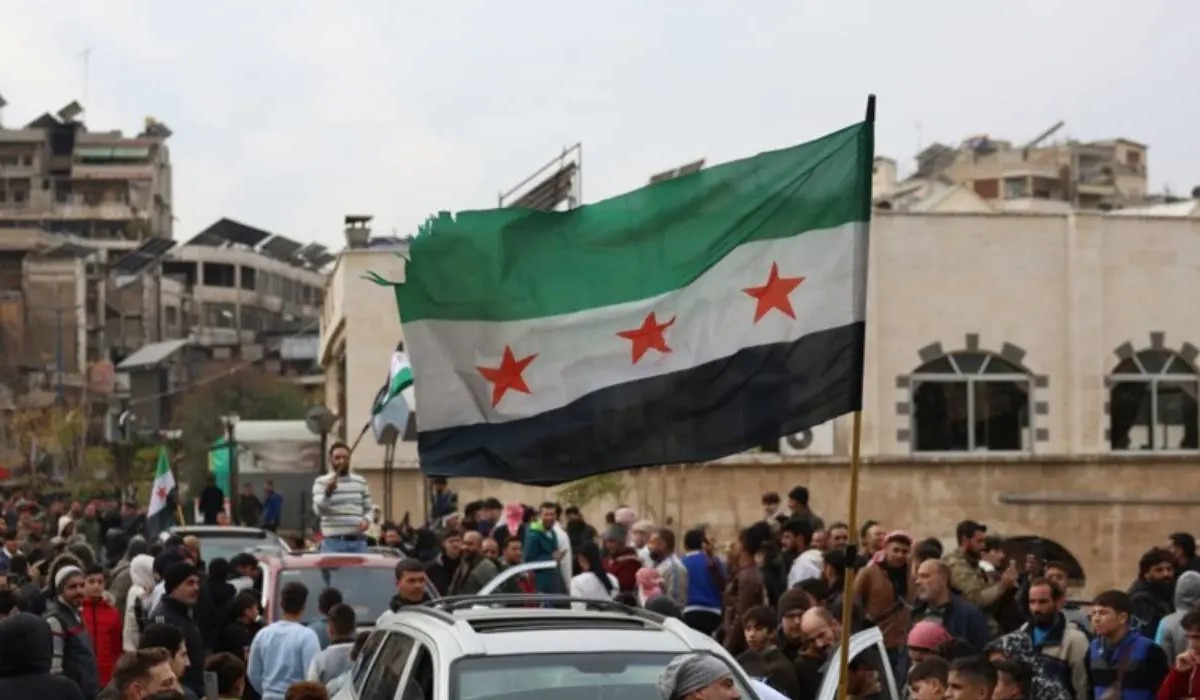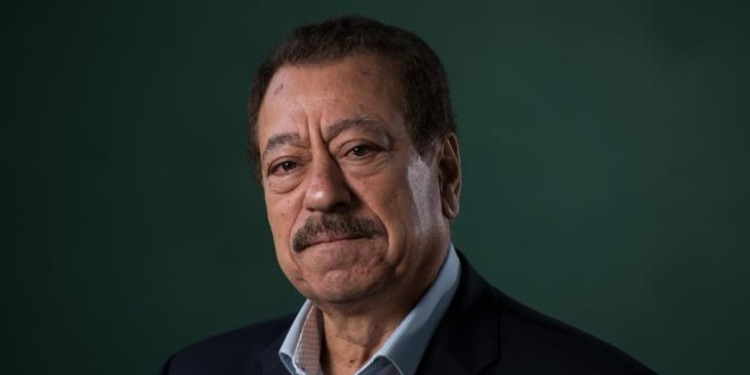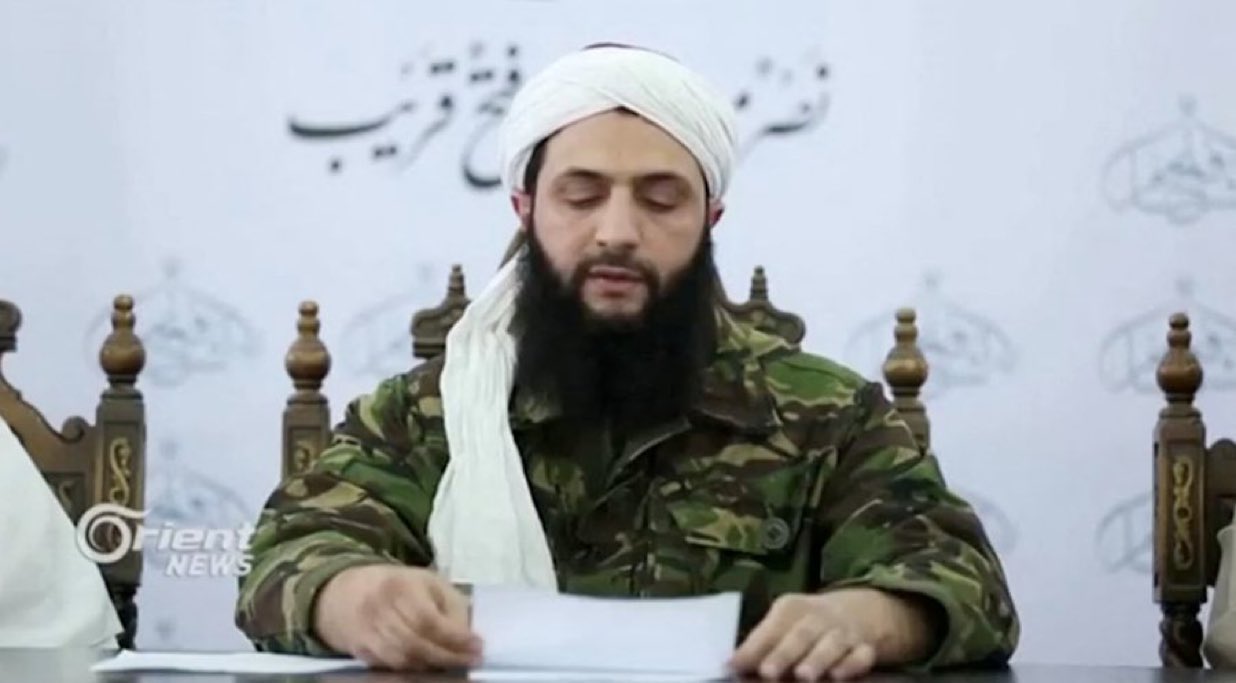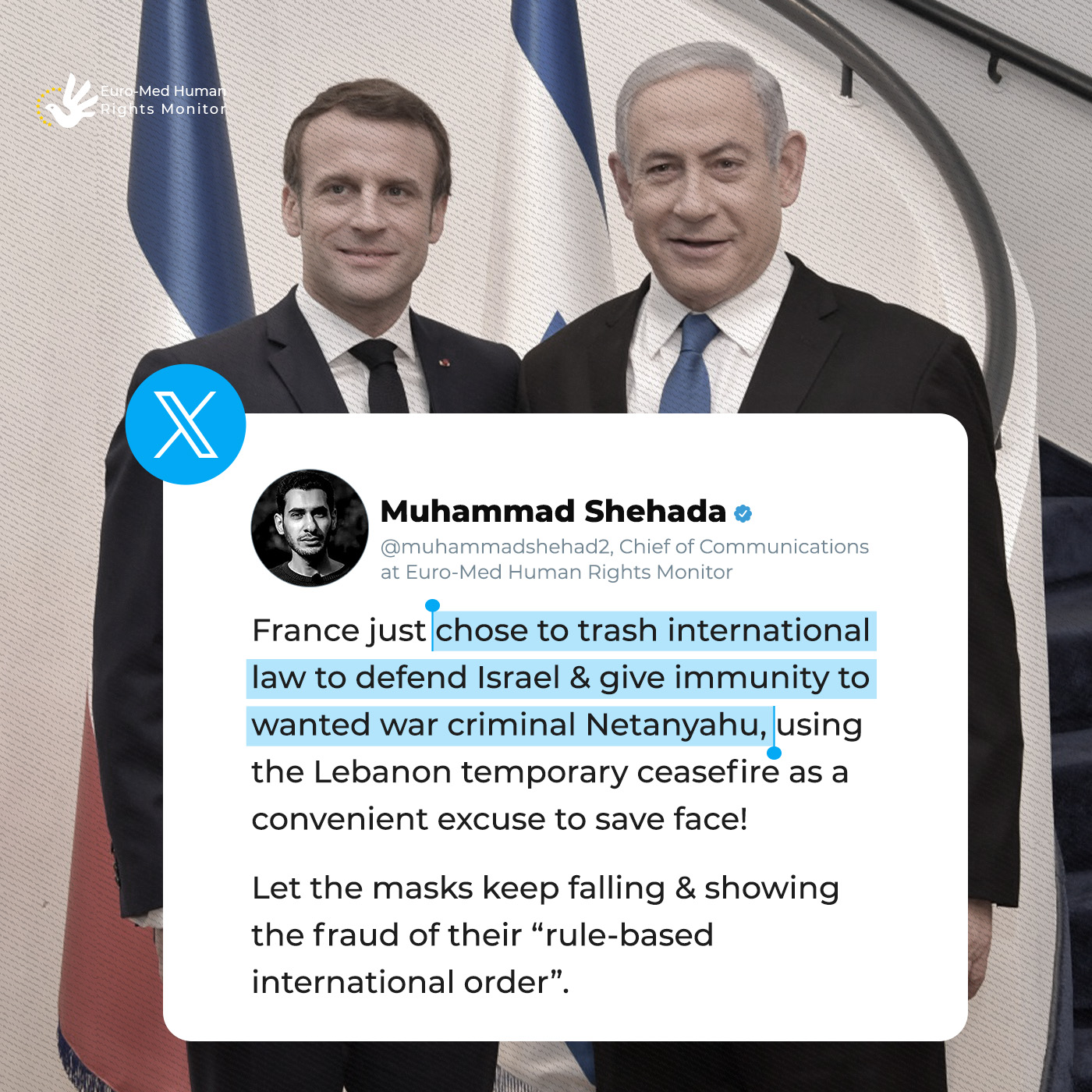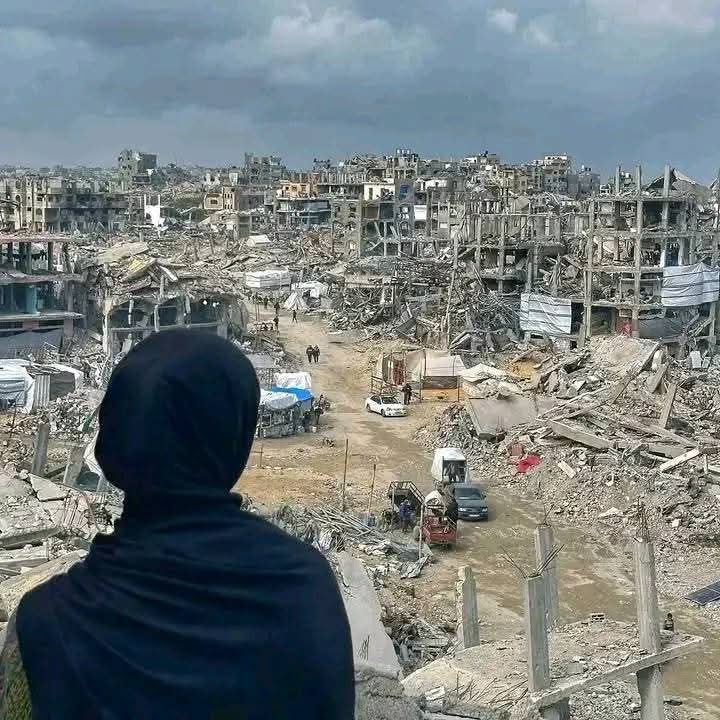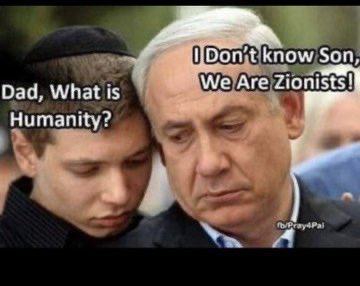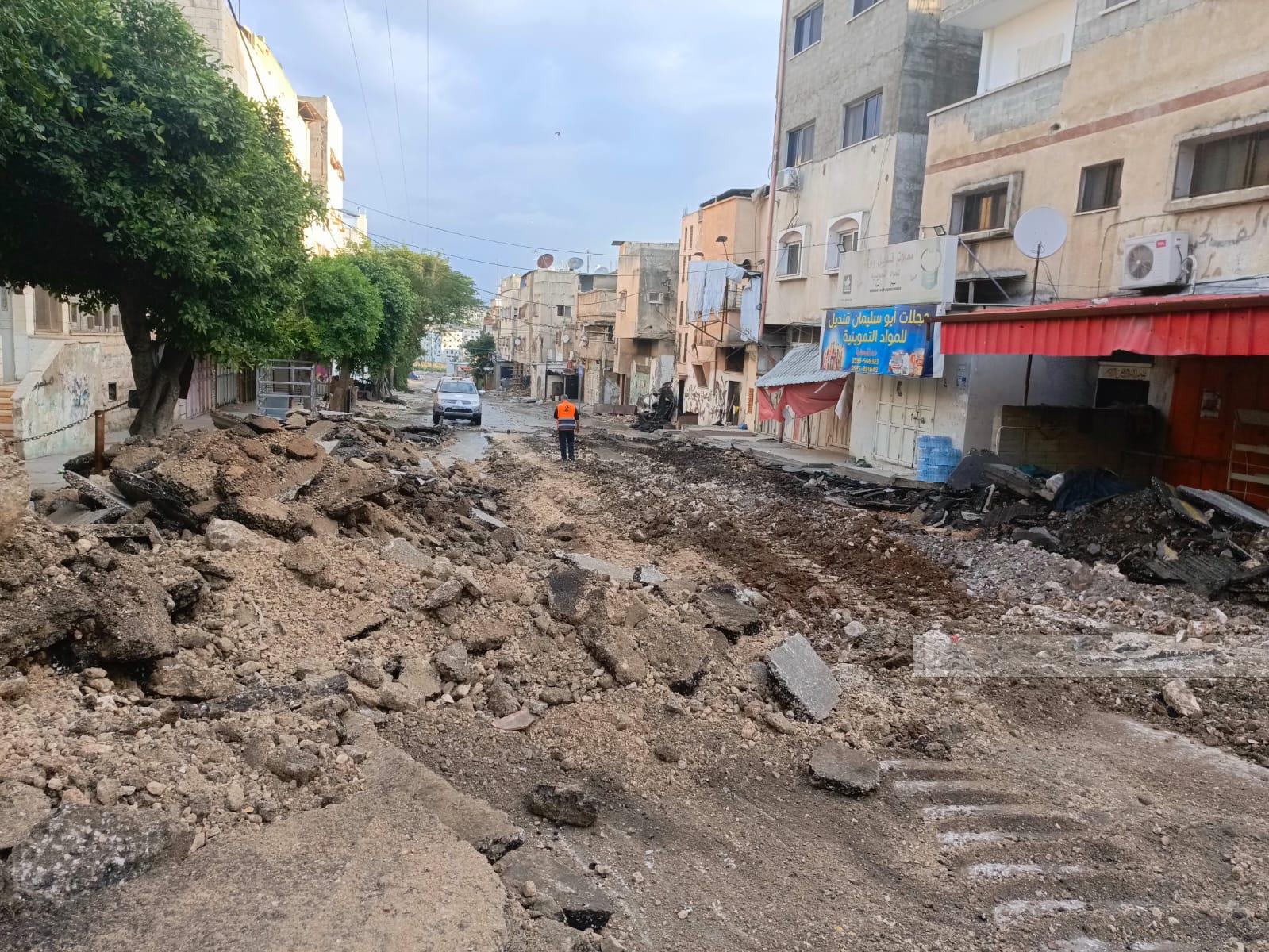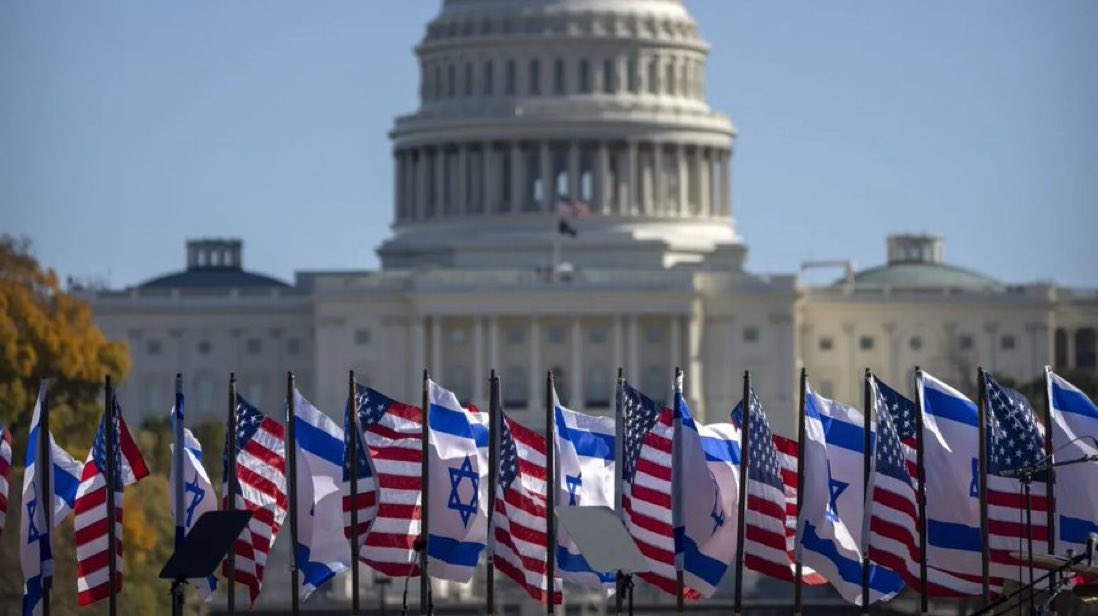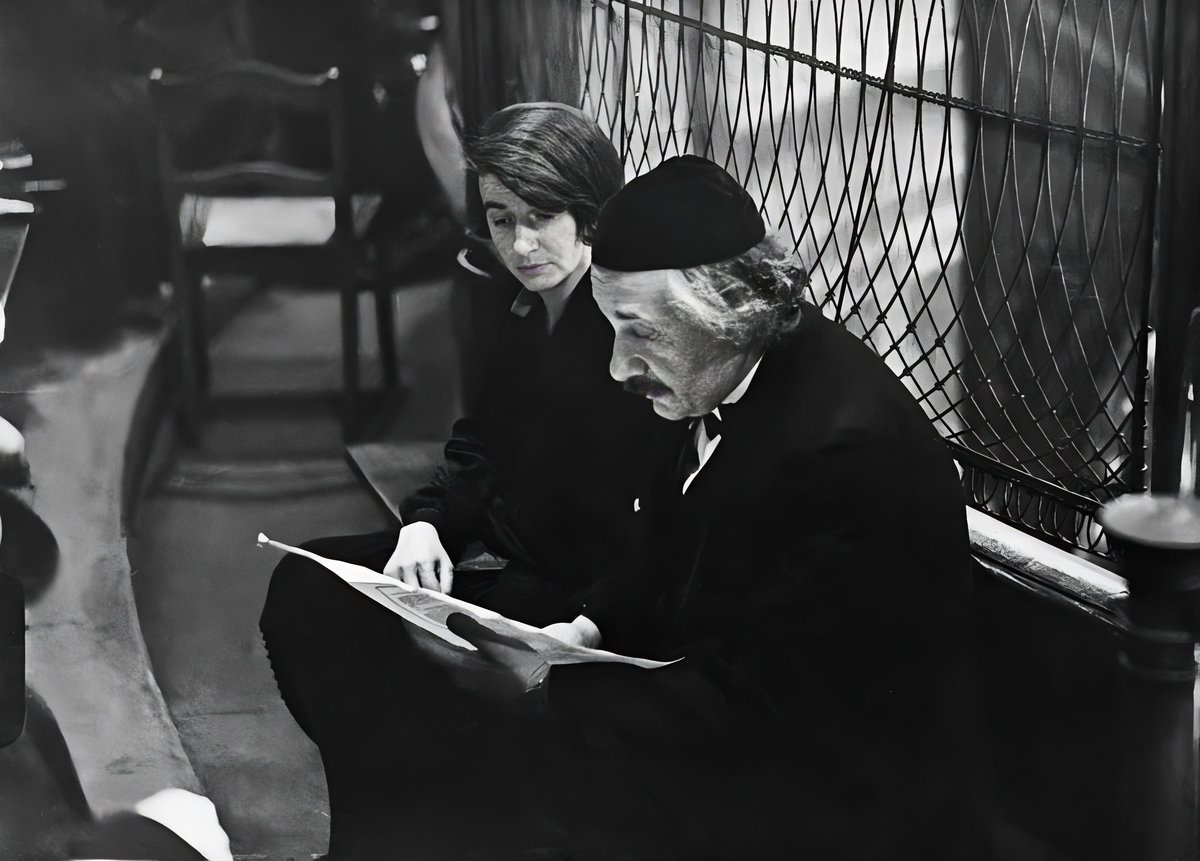Syria on Deluge For Arab ‘Regime Change’
In less than a week, the Bashar al-Assad regime and that of this family fell, an era that lasted for more than half a century came to an end.
There is no room here to talk about that era, but the end was expected for a long time, as dictatorial regimes or family-based dynasties must end, just as happened to Hosni Mubarak, Zine El Abidine Ben Ali, Ali Abdullah Saleh and others.
Hours before the fall of Al Assad, I called on Arab rulers to reconcile with their people before the flood comes rushing through. And now the flood has begun to rage from Damascus, and I believe, it will not stop.
It will inevitably sweep away other rulers of this era who accepted humiliation, disgrace, betrayal and throwing themselves into the arms of Tel Aviv, Washington and other capitals of crime.
What happened recently in Syria will be a prelude to the other Arab peoples. I feel very optimistic, and I believe we are facing radical changes that will affect the Arab world, and I do not know who will be the next ruler to be swept away by this deluge?
Thanks to the Al-Aqsa flood that exposed, revealed and disgraced many of the treasonous and collaborating regimes in our Arab world.
This flood will be followed by a flood of another kind, which will sweep away with it every slacker, and everyone who betrayed and conspired against Palestine, its resistance and its people, and threw himself into the arms of the criminal West, and ignored what is happening in Gaza, which will be, God willing, the main reason for uprooting many of the apostate Zionist regimes.
The majority of the Arab peoples are now yearning for change, and even salvation from injustice and oppression, and I do not believe that the Arab situation will continue in this way, and the Syrian situation will constitute an important factor for the peoples to pounce and revolt against rulers who are certainly not of the Arab caliber, and I am certain that this will not last long.
Many of the Arab rulers are feeling their heads today, and perhaps they are working on reconsidering their calculations if they can, and they realize that when the people have their say, the end of the regime will be inevitable.
So will these people learn from what happened recently in Damascus? The wise man is is the one who learns from others. Who will be the next ruler who will follow Mr. Al Assad?
Whoever has the answer, let him tell us, and he will have a great prize presented by the poor servant who wrote this article, which is a kiss on his forehead, and kisses on the foreheads of all the free revolutionaries of the nation, and at the forefront of the heroic revolutionaries of Gaza.
This article was written by Palestinian writer Dr Mohammad Abu Baker for Al Rai Al Youm in Arabic and reprinted in www.crossfirearabia.com

